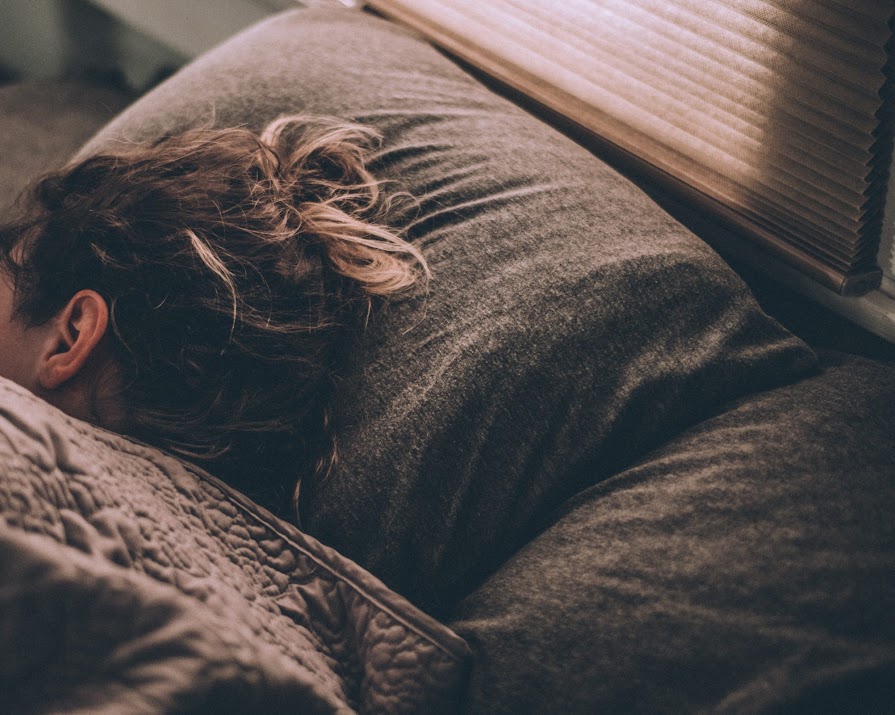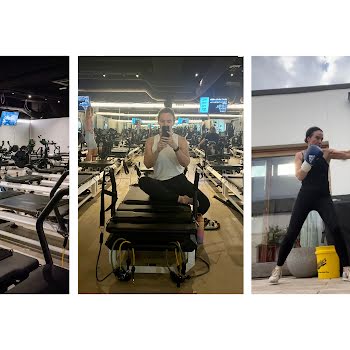
By Edaein OConnell
08th Sep 2020
08th Sep 2020
Feeling tired, lethargic and irritable? You could be suffering from social jet lag
Is anyone else feeling inexplicably tired?
With there being no real need of waking up two hours before you start work and with the absence of late weekend nights, you would think we would be full of energy and vitality.
However, the reality is very different.
Our sleep routines are out of sync. The current crisis has sent our sense of normality to a foreign county for a long-term holiday and we don’t yet have a date for its return.
While on the topic of holidays, most of us know the effects of jet lag. Travelling between different time zones disturbs our sleep-wake pattern, causing us to feel drowsy, tired, irritable, lethargic and slightly disorientated.
Sound familiar?
Social jet lag
Well, social jet lag is what many of us may currently be experiencing, particularly after the weekend.
All of us possess a circadian rhythm which tells us when we should sleep. The rhythm is extremely sensitive and when it is put out of sync, social jet lag occurs.
A clear example is when we set an alarm each weekday morning and follow a strict routine only to go to bed later and wake up later at the weekends. Just like normal jet lag, our bodies are shifting between two time zones and it harms our health.
The condition itself is associated with weight gain, reduced mental performance and chronic illness.
The term was coined by Till Roenneberg, a professor of chronobiology at Ludwig-Maximilian University in Munich who says “it promotes practically everything that’s bad in our bodies”.
Night “owls” (those who go to bed late and wake up late) are more likely to experience social jet lag than “larks”. However, larks can also suffer if they are pressured into staying up later than usual at weekends.
Shift workers are one group who may experience extreme social jetlag due to changing schedules and the regular jumping between time zones. The same goes for secondary school children who usually stay up late but are then flummoxed by early morning starts.
Prevention
Experts advise to slowly re-harmonise a sleeping pattern. People who suffer from social jet lag may sleep more on weekends to compensate for hours lost but experts say this doesn’t work. It does not change the fact that a person’s waking time has diverted from what their body clock has previously dictated.
Speaking to Cosmopolitan, sleep psychologist Hope Bastine advised people to be wary of this sleep debt saying, “If you’re trying to catch up on your sleep debt, go to bed just one hour earlier, and sleep in one hour later.
“It’s spreading out the repayment of your sleep debt, like you would your credit card, or your mortgage. You don’t pay it all at once, you spread it out.
“In that way, you’re not changing your brain too much in terms of your habits, but you are still trying to catch up on sleep.”
Another simple way to deal with social jet lag is light. Andrew Phillips, a professor at Monash University in Melbourne, advises us to turn off any overhead bright lights two hours before you go to bed. Switch to dimmed lighting or bedside lamps instead.
They also warn of the effects of blue light on sleep and advise to shut all electronics off at least an hour before bedtime or install an app that automatically dims the light on screen or blocks out the blue light.
Read more: 5 simple ways to help reduce your sugar cravings
Read more: Sweet Dreams: 13 tips for a good night’s sleep from a sleep expert
Read more: Why having a proper ‘bedtime’ as an adult is the key to a great night’s sleep























